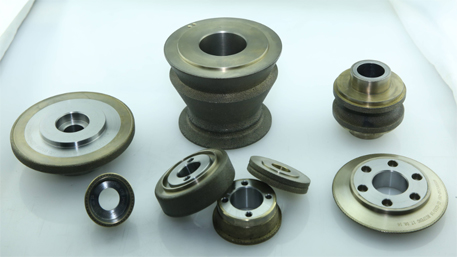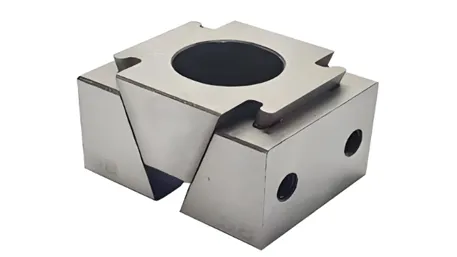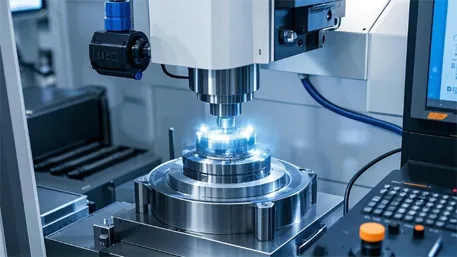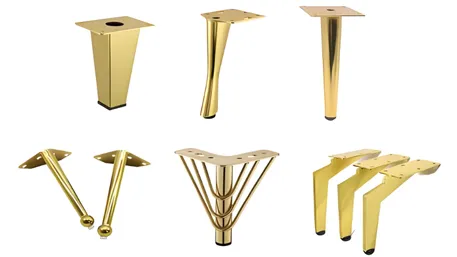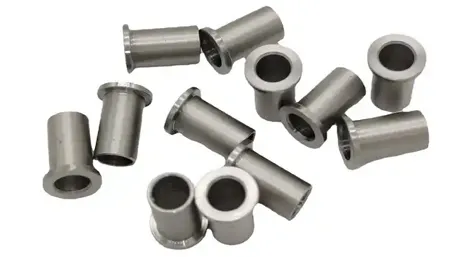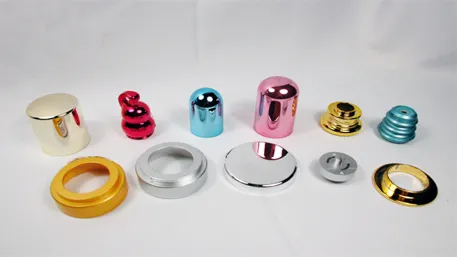In industries such as automotive, aerospace, and medical devices, stainless steel pulleys are critical for transmitting motion, supporting loads, and ensuring smooth operation. CNC (Computer Numerical Control) machining offers unmatched precision and customization for crafting high-performance pulleys tailored to specific applications. This article explores the technical advantages, material selection, manufacturing processes, quality control, and applications of custom CNC stainless steel pulleys.
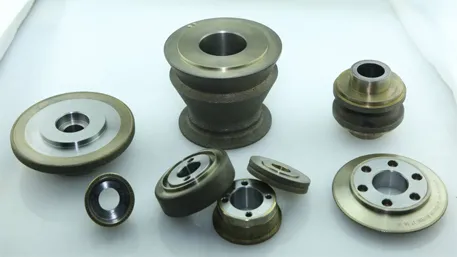
CNC machining transforms raw stainless steel into precision pulleys through:
- Multi-Axis Machining
- 3-axis turning for cylindrical pulley bodies with diameter tolerance ±0.005mm.
- 5-axis milling for complex profiles (e.g., V-grooves, flanged edges) with ±0.01mm positional accuracy.
- Surface Finish Optimization
- Ra ≤ 0.4μm for low-friction surfaces.
- Custom coatings (e.g., Teflon) to reduce wear and friction.
- Dynamic Balance Control
- CNC balancing reduces vibration in high-speed applications.
Choosing the right stainless steel is critical for pulley performance:
- Corrosion Resistance
- 316L Stainless Steel: Ideal for marine and medical applications (PREN ≥ 25).
- 304 Stainless Steel: Cost-effective for general industrial use.
- Mechanical Properties
- 316L offers tensile strength ≥ 515 MPa and elongation ≥ 40%.
- Wear Resistance
- 440C Stainless Steel (HRC 58–60) for high-wear environments like conveyor systems.
CNC technology employs advanced techniques to meet pulley demands:
- Precision Turning
- Creates pulley bodies with roundness ≤ 0.003mm and surface finish Ra ≤ 0.8μm.
- Profile Milling
- Machines V-grooves, timing belt profiles, and flanges with 5-axis precision.
- Surface Treatments
- Induction hardening for 440C pulleys to HRC 58–60.
- Electropolishing (Ra ≤ 0.2μm) for medical-grade pulleys.
Pulleys undergo rigorous testing to meet global standards:
- Dimensional Accuracy
- CMM verification of critical dimensions (e.g., groove angle ±0.5°, pulley diameter).
- Material Verification
- Spectroscopic analysis confirms alloy composition (e.g., 316L’s 2–3% molybdenum content).
- Performance Testing
- Load testing ensures pulleys withstand 1,000+ N without deformation.
- Dynamic balance testing reduces vibration in high-speed applications (G2.5 balance grade).
- Medical Devices
- 316L stainless steel pulleys for surgical robots, machined to Ra ≤ 0.1μm for smooth motion control.
- Industrial Machinery
- 440C stainless steel V-groove pulleys with induction hardening for 20,000+ hours of service in conveyor systems.
- Aerospace
- 17-4 PH stainless steel pulleys with H900 heat treatment (HRC 40–45) for high-strength cable systems.
-
What is the typical precision of CNC pulleys?
CNC machining achieves ±0.005mm diameter tolerance and Ra ≤ 0.4μm finish, meeting ISO 2768 and ASME Y14.5 standards.
-
How do I choose the right stainless steel?
For corrosive environments, select 316L. For high-wear applications, choose 440C.
-
What is the lead time for custom pulleys?
Simple designs take 5–7 days; complex pulleys require 10–15 days. Rush orders are available.
-
Can CNC pulleys meet FDA/CE standards?
Yes. Medical pulleys comply with ISO 13485 and FDA 21 CFR Part 820.
-
How does CNC machining compare to casting?
CNC pulleys offer superior dimensional control and material strength, ideal for high-precision applications.
“CNC pulleys that transformed our medical robotics.”
— Dr. Emily Chen, R&D Engineer at MedRobotics
“The 316L stainless steel pulleys from [Your Company] had Ra ≤ 0.1μm finishes, enabling smooth motion in our surgical robots. The CMM reports ensured compliance with FDA standards.”
“Industrial pulleys that outperform expectations.”
— Mark Johnson, Plant Manager at Conveyor Tech
“The 440C V-groove pulleys with induction hardening lasted 50% longer than previous models. The CNC balancing reduced vibration by 60%.”
“Aerospace pulleys with unmatched strength.”
— Alex Rodriguez, Engineer at AeroComponents
“The 17-4 PH pulleys with H900 heat treatment provided the strength needed for our aircraft systems. The 5-axis machining ensured perfect fit with our cables.”
Request Your Custom Stainless Steel Pulleys Today!
From medical robotics to aerospace systems, our CNC machining expertise ensures stainless steel pulleys that combine precision, durability, and compliance. Contact us to discuss your project requirements and receive a tailored solution that meets your timeline and budget. Let’s build pulleys that perform!
